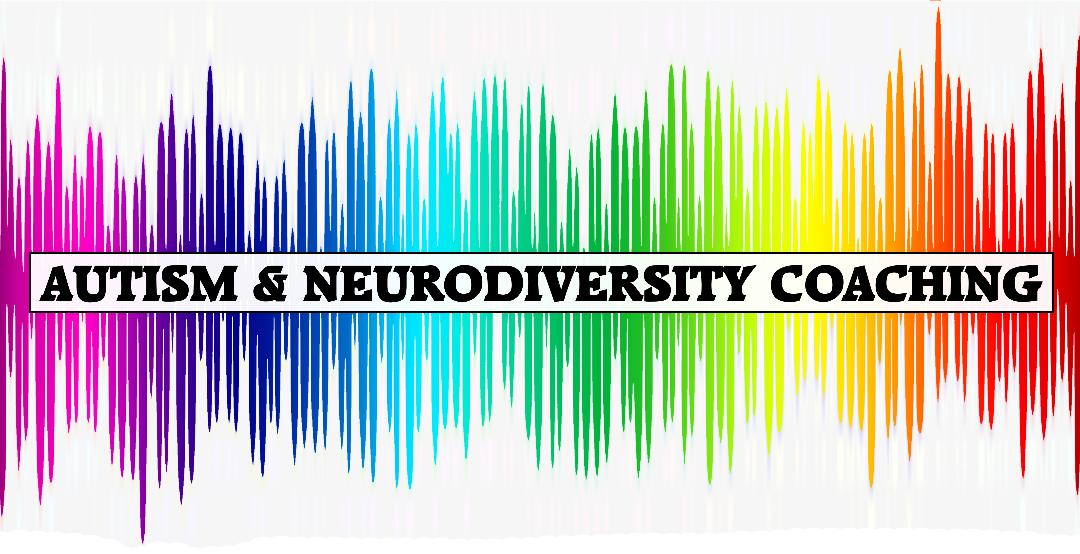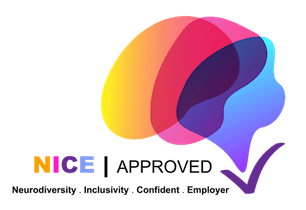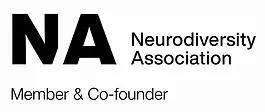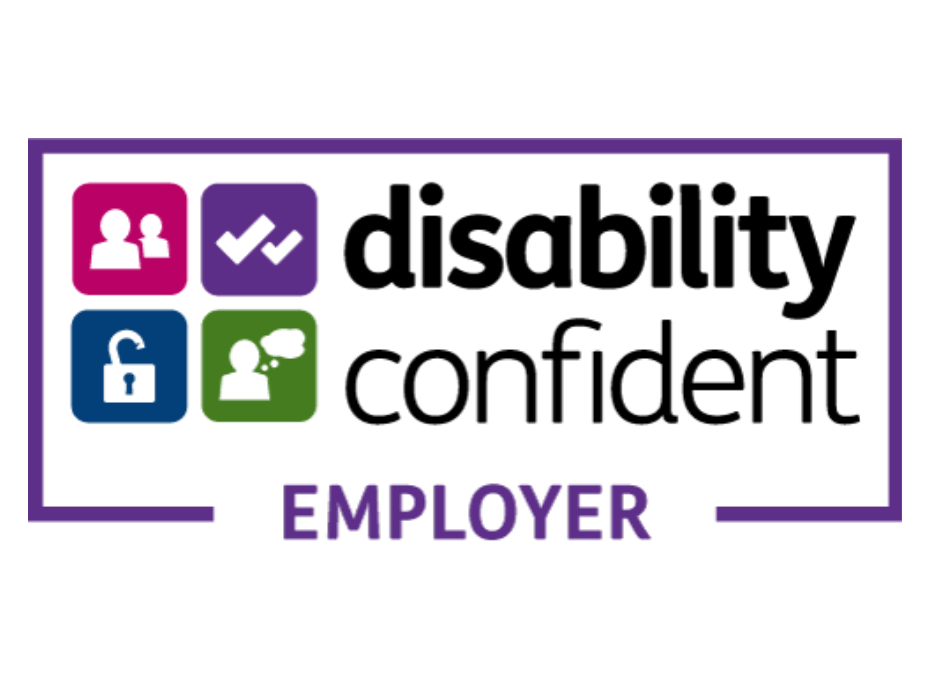Breaking the Stigma: Changing Perceptions About Dyslexia

One of the biggest challenges faced by individuals with dyslexia is not just the difficulty with reading but the stigma that often comes with it. Society tends to equate reading ability with intelligence, leading to misunderstandings about dyslexia. This can result in people with dyslexia feeling marginalized, misunderstood, or labeled unfairly.
However, it's crucial to recognize that dyslexia is not a reflection of a person's intellect or capabilities. The notion that dyslexia limits someone's potential is outdated and inaccurate. Many dyslexic individuals possess incredible talents in areas unrelated to reading, such as creative arts, problem-solving, or spatial reasoning. Shifting the narrative from a focus on deficits to one that celebrates strengths is essential in breaking down these misconceptions.
The Role of Educators and Parents
Educators and parents play a vital role in supporting children with dyslexia. Early identification and intervention are key to helping children develop the skills they need to succeed. By recognizing the signs of dyslexia early, teachers and parents can work together to create a learning environment that accommodates the child's needs.
1. Teacher Training: Educators need to be equipped with the knowledge and tools to identify dyslexia and implement effective teaching strategies. Professional development programs focusing on dyslexia can help teachers understand the condition and provide appropriate support.
2. Parental Support: Parents can be strong advocates for their children. Understanding dyslexia and seeking out resources, such as specialized tutoring or educational therapy, can make a significant difference. Additionally, fostering a positive attitude towards learning and encouraging their child's interests can boost confidence.
3. Collaboration: Collaboration between parents, teachers, and specialists ensures that a child with dyslexia receives a well-rounded and consistent support system. Regular communication and a shared understanding of the child's needs can lead to better outcomes.
Dyslexia in the Digital Age
The rise of digital technology has opened new doors for people with dyslexia, making reading and learning more accessible than ever before. Here are some ways technology is transforming the experience for dyslexic individuals:
· Audiobooks and E-Readers: Audiobooks allow individuals with dyslexia to enjoy literature without the stress of decoding text. E-readers offer customizable font sizes and background colors, which can reduce visual stress and make reading more comfortable.
· Speech-to-Text Tools: For those who struggle with writing, speech-to-text software can be a game-changer. These tools convert spoken words into written text, helping users express their ideas more easily.
· Educational Apps: Many apps are designed specifically to support reading and learning for people with dyslexia. These apps often include interactive exercises that reinforce phonics, spelling, and vocabulary in a fun and engaging way.
· Online Communities and Resources: The internet has also provided a platform for people with dyslexia to connect, share experiences, and access resources. Online forums, support groups, and educational websites offer valuable information and a sense of community.
Dyslexia in Adulthood
Dyslexia doesn't go away with age; it's a lifelong condition. However, many adults with dyslexia have developed coping strategies that help them manage their reading difficulties in everyday life. For example, they might rely on technology, delegate tasks involving heavy reading, or focus on careers that play to their strengths.
It's also important for adults with dyslexia to recognize that it's never too late to seek help. Whether it's improving reading skills, finding new tools, or connecting with a support group, resources are available at any stage of life.
Workplaces are increasingly recognizing the need to accommodate employees with dyslexia. Flexible work environments, assistive technology, and supportive management can help individuals with dyslexia succeed professionally. Moreover, many companies are beginning to value the unique perspectives that dyslexic thinkers bring to problem-solving and innovation.
Embracing Neurodiversity
The concept of neurodiversity is gaining traction, promoting the idea that neurological differences like dyslexia should be recognized and respected as a natural variation of the human brain. This perspective encourages society to move away from viewing dyslexia as a deficit and towards appreciating the diverse ways people think and learn.
Neurodiversity advocates for inclusive education and workplace practices that accommodate different learning styles. By embracing neurodiversity, we can create environments where all individuals, regardless of their neurological makeup, can thrive.
Moving Forward: A Brighter Future for Dyslexia
As our understanding of dyslexia continues to grow, so too does our ability to support those who live with it. The future looks promising, with increasing awareness, better resources, and a shift towards more inclusive education and work environments.
The journey for someone with dyslexia might come with challenges, but it also offers unique opportunities. By celebrating strengths, embracing technology, and fostering a supportive community, we can help people with dyslexia not just overcome their reading challenges but also harness their full potential.
Ultimately, the goal is to ensure that dyslexia is no longer seen as a barrier to success but as one of the many ways that individuals contribute to the richness of human diversity. With continued advocacy, education, and understanding, we can pave the way for a future where every person, dyslexic or not, has the tools they need to flourish.











